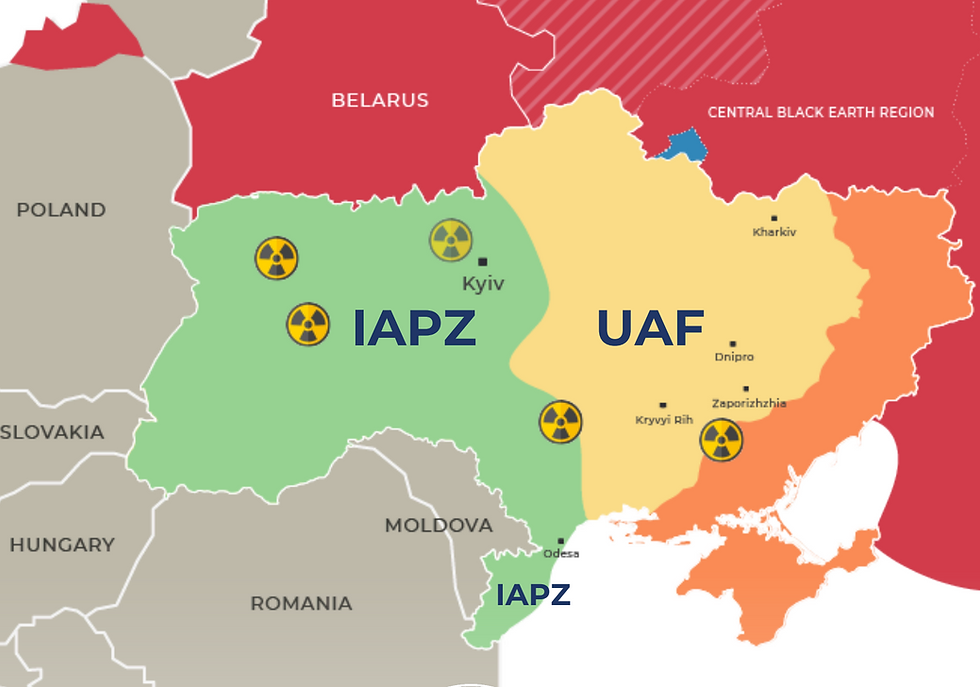The use of North Korean troops by Russia in the Ukraine conflict: an update
- Mar 6, 2025
- 3 min read

The involvement of North Korean troops in the Russia-Ukraine conflict marks a significant development with far-reaching implications. This essay examines the terms of the agreement between Russia and North Korea, the scale of troop deployment, training and integration challenges, battlefield performance, and the broader geopolitical ramifications of this alliance.
Terms of the Russia-North Korea Military Agreement
In November 2024, Russia and North Korea formalised a mutual defence treaty obliging immediate military assistance in the event of an attack on either nation. This pact facilitated the deployment of North Korean troops to support Russian military operations in Ukraine. South Korean intelligence suggests that North Korean soldiers deployed in Russia receive a monthly salary of approximately $2,000, a substantial sum compared to domestic earnings in North Korea. Additionally, incentives such as membership in the Workers’ Party of Korea (a rare privilege) have been offered to participating soldiers. While specific details of technology-sharing arrangements remain undisclosed, satellite imagery indicating North Korea’s development of early warning aircraft suggests possible Russian assistance, hinting at deeper military collaboration.
Scale of Deployment and Command Structure
Reports indicate that North Korea has deployed approximately 11,000 soldiers to Russia’s Kursk region, which Ukraine has partially occupied, with units arriving in late October 2024 and engaging in combat by mid-November. Notably, Colonel General Kim Yong Bok, commander of North Korea’s special forces and a close confidant of Kim Jong Un, is among the deployed personnel, underscoring the strategic importance of this mission.
Training, Integration, and Operational Challenges
North Korean troops are characterised by rigorous discipline and loyalty, products of intensive indoctrination and training. However their integration with Russian forces has encountered challenges, primarily due to language barriers and differing military doctrines. These obstacles have impeded seamless coordination on the battlefield. Despite these issues, North Korean soldiers have demonstrated adaptability, with reports indicating a decrease in casualty rates as they acclimatise to combat conditions.
Battlefield Performance and Casualties
The deployment of North Korean troops has had a tangible impact on the conflict. Following their arrival, Ukrainian forces reportedly lost about half of the 1,250 square kilometres they had previously claimed from Russia in Kursk oblast. As of early 2025, approximately 300 North Korean soldiers have been killed, with an additional 2,700 wounded. Captured North Korean soldiers have expressed a profound fear of capture, stemming from threats of severe repercussions, including potential execution of their families, should they be taken alive.
Training and Language Barriers
The integration of North Korean soldiers into Russian units has been complicated by language barriers and differing military doctrines. These challenges have necessitated additional training to ensure effective coordination, potentially impacting operational efficiency.
Effectiveness and Future Prospects
The infusion of disciplined North Korean troops has bolstered Russian manpower, contributing to territorial gains. However, the sustainability of this strategy is questionable, given the casualties sustained and the inherent challenges of integrating foreign troops. While North Korea has expressed unwavering support for Russia, the extent to which it can continue to supply troops without undermining its own national security remains uncertain.
Implications of Foreign Troop Deployment
Russia’s reliance on foreign soldiers, unfamiliar with the local terrain and culture, may indicate underlying weaknesses within its own military apparatus. This strategy could reflect shortages in personnel or critical military resources, compelling Russia to seek external support. The deployment of North Korean troops, while temporarily augmenting Russian forces, may also expose vulnerabilities that could be exploited by Ukrainian forces familiar with the local environment.
Conclusion
The participation of North Korean troops in the Russia-Ukraine conflict represents a significant escalation with complex implications. While providing immediate reinforcement to Russian forces, this alliance introduces challenges related to integration, operational effectiveness, and international perception. The long-term impact of this collaboration will depend on various factors, including casualty rates, domestic pressures within North Korea, and the evolving dynamics of the conflict. Ultimately, Russia’s resort to foreign military support may underscore systemic issues within its armed forces, including lack of manpower, decent training within members of the Russian Armed Forces, and ineffective equipment.




